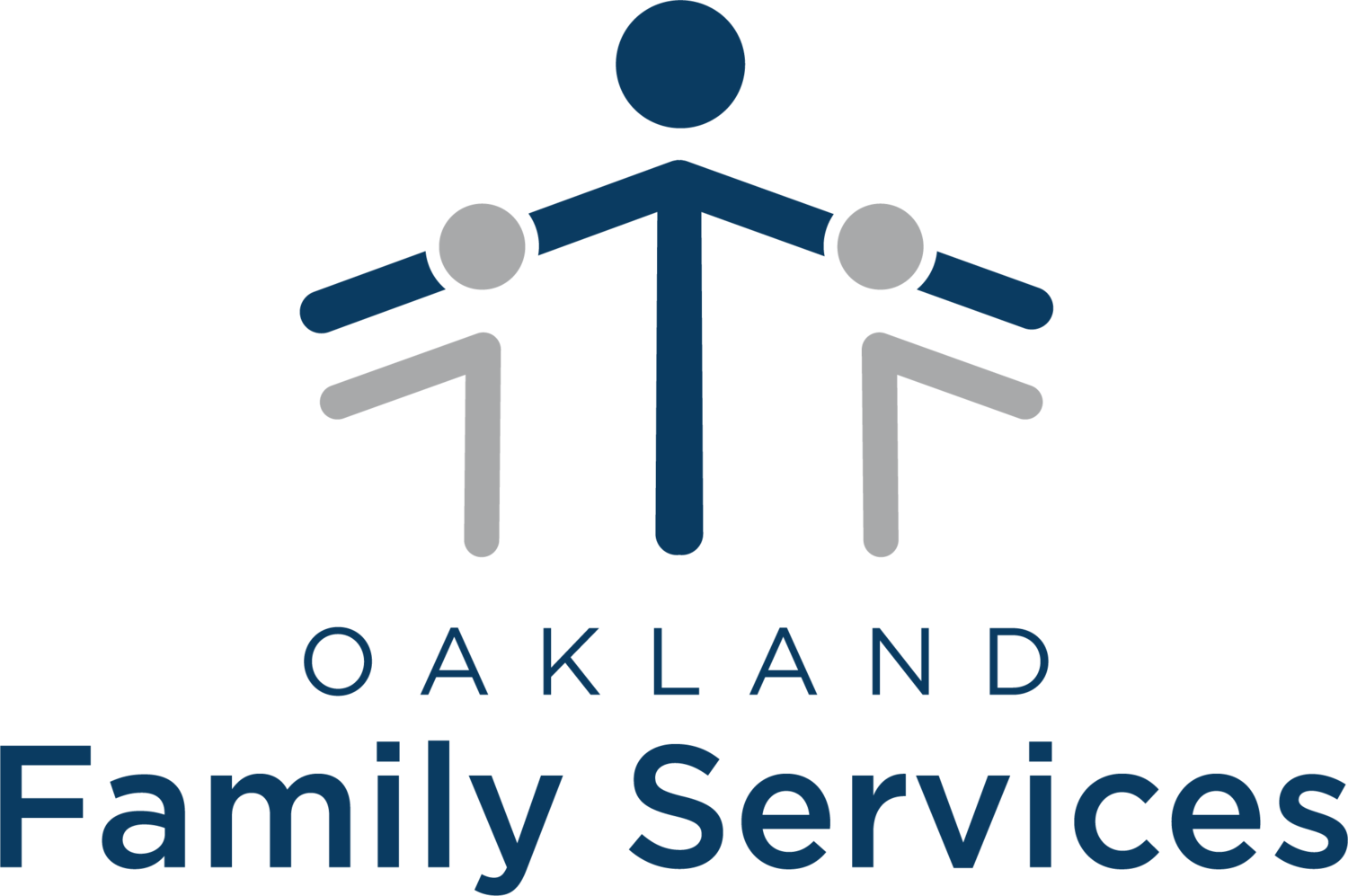The Family Five: 5 ways to help children deal with loss of normalcy during the pandemic
Between school closures, stay-at-home orders, and cancelled events, children are grieving the loss of normalcy. Many special events or fun activities our children were looking forward to have been postponed or cancelled. In the overall picture of what is occurring in the world, these disappointments may seem insignificant, but our children still may be struggling with how to handle so many losses at once. Here are five tips to help your child grieve and grow during this unfamiliar time:
Take on a child’s perspective: It is easy to overlook our children’s disappointments when we are facing financial struggles, uncertainties of the future, and even death, but our children are grappling with their own version of loss. Throughout the pandemic, children have lost their entire routines and many of the things they look forward to. They have lost connections with friends due to social distancing and have had to comprehend the end of school without so much as a goodbye. When you are tempted to dismiss a child’s disappointment, try to remember that everything in their world has changed without having an adult’s capacity to understand why.
Give permission to grieve: As children attempt to comprehend their new normal, they are grieving the loss of how things once were. Pay attention to behaviors, as children often do not have the language to communicate uncomfortable emotions. Children may have anger outbursts, become irritable, cry easily, seek constant attention, or a variety of additional behaviors that are uncharacteristic for your child. If you notice your child is grieving, recognize and validate his or her loss. Don’t minimize their feelings or compare it to what other people are experiencing. To facilitate a healthy grieving process, it is vital they feel understood.
Let them feel disappointed, but don’t let them feel hopeless: With the cancellation of events, vacations, and birthday parties, children are inevitably going to feel disappointed. Help remind your child why these events were cancelled while still allowing them to feel upset. Avoid immediately rescheduling plans or making promises for the future to avoid further disappointment. Focus on the present and provide activities that your child can be excited about, like movie nights, outdoor activities, family picnics, scavenger hunts, etc.
Adopt an attitude of gratitude: There is power in accepting things you cannot control while focusing on what you can. During this time, set an example for your children by using daily positive affirmations. Share what you love about them or how they have made you proud. You can also identify examples of how the family has become stronger together. Plan activities that allow your child to focus on giving to others, such as sending letters to residents of nursing homes, sewing masks, or creating thank-you posters for first responders. These acts of kindness and appreciation can help kids feel useful and empowered rather than defeated by their circumstances.
Allow opportunities for social-emotional learning: Learning to handle disappointment is an important part of your child’s social-emotional development. The goal in assisting your children through this transition is to give them faith in themselves and their own resourcefulness. Affirm their capabilities and help them view themselves as people who can accept disappointment. Allowing children to feel uncomfortable emotions, empathizing with them, and supporting them to move through those is key in helping them become emotionally healthy and resilient adults.
Hello! I am Amanda Robertson, and I am the Early Childhood Mental Health Specialist for Oakland Family Services’ Children’s Learning Centers. I have been working with children for almost 20 years and have one baby girl of my own. I have a master’s degree in counseling from Oakland University and a bachelor’s degree in psychology with an emphasis in child development. My career began with teaching day care and expanded to various positions including ABA therapy, child welfare and residential treatment. I absolutely love what I do and love being a part of Oakland Family Services!


